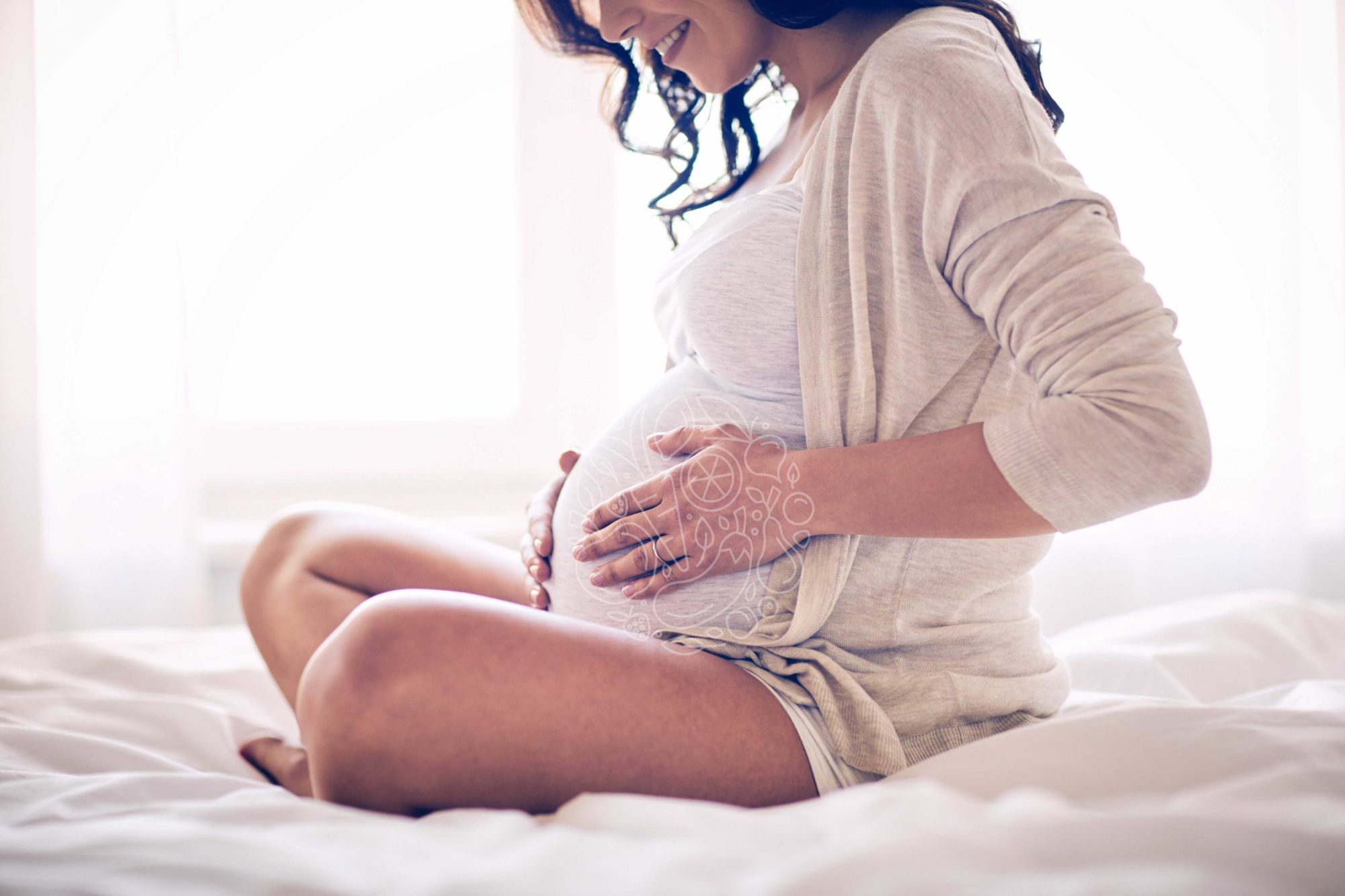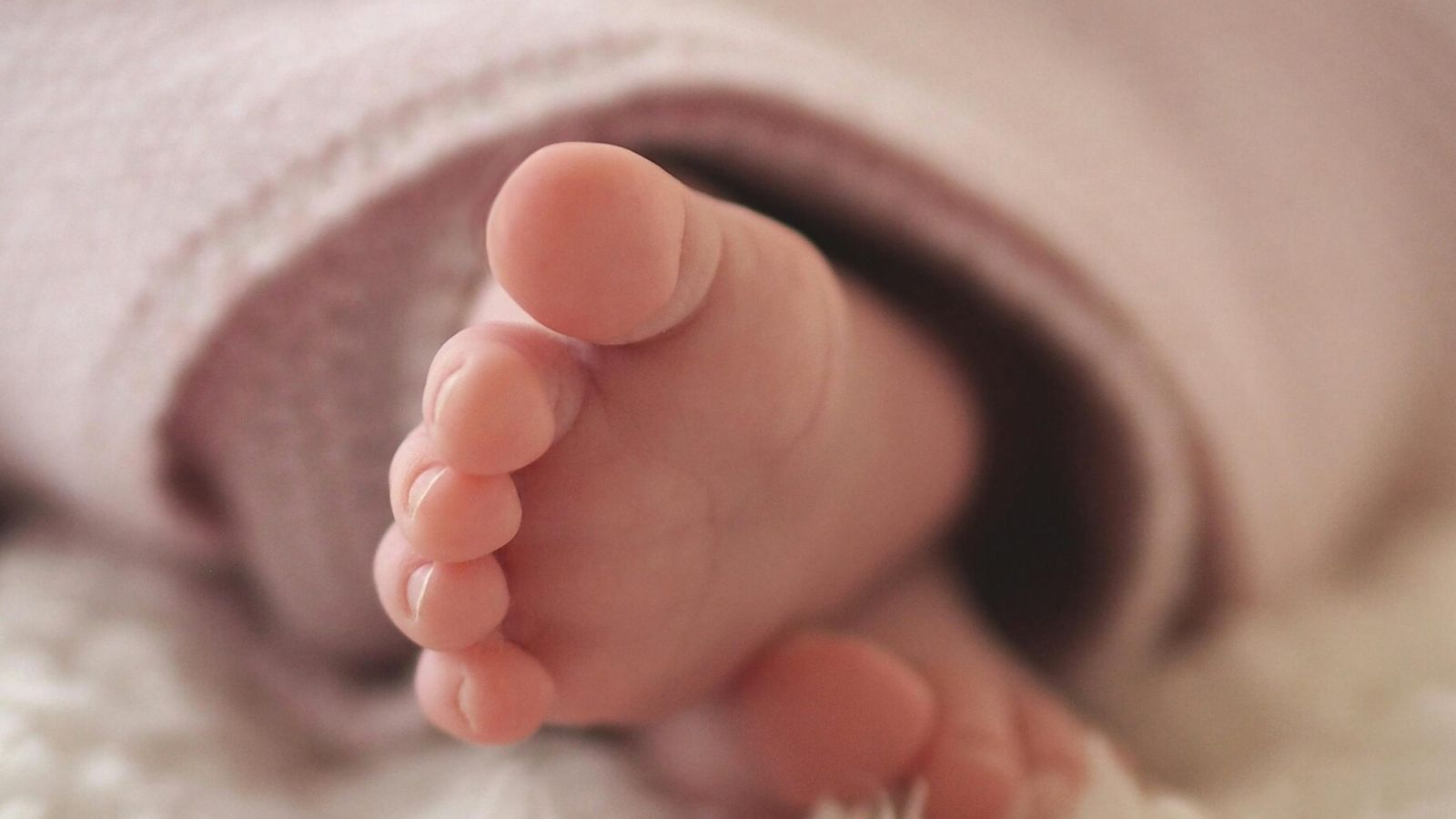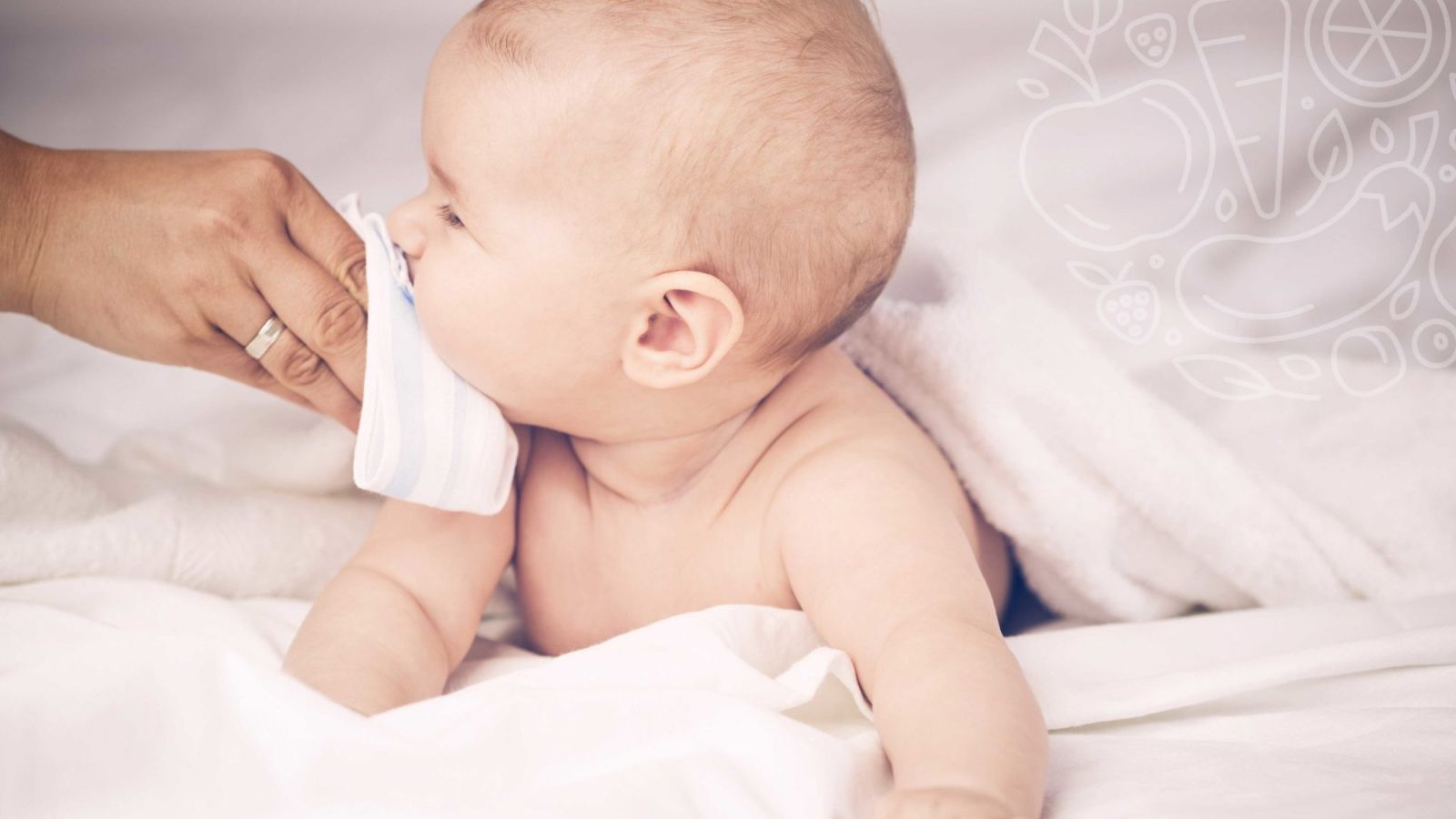
Preventing food allergies in babies: Early allergen introduction
Food allergies in babies happen when their developing immune systems mistakenly treat certain foods as threats. Reactions can range from mild (like rashes or tummy troubles) to severe, such as breathing difficulties or anaphylaxis.
Outdated advice: Avoiding allergens during pregnancy
In the past, pregnant women were told to avoid allergy-provoking foods like tree nuts, peanuts, soy, fish, shellfish, milk and eggs, to prevent their babies from developing allergies to these foods later on.
In fact, some recent scientific studies have shown that the reverse is true.
Eat a variety of foods during pregnancy to stimulate baby’s immune system
Today, experts recommend that pregnant women do not avoid common food allergens unless they have a medical reason to do so. In fact, eating a wide variety of foods—including peanuts, milk, and eggs—while pregnant and breastfeeding may actually lower your baby’s risk of developing allergies later on.
Your baby is more likely to tolerate foods you regularly consumed during pregnancy and while nursing. It’s one of the earliest ways to gently train your baby’s immune system.
Is your baby at risk for allergies?
Around 1 in 3 babies today may face an increased risk of developing food allergies. Wondering if your little one is at risk? Try our Baby Allergy Tracker to learn more and get personalized tips.
And check out how to reduce your baby’s future allergy risk.

